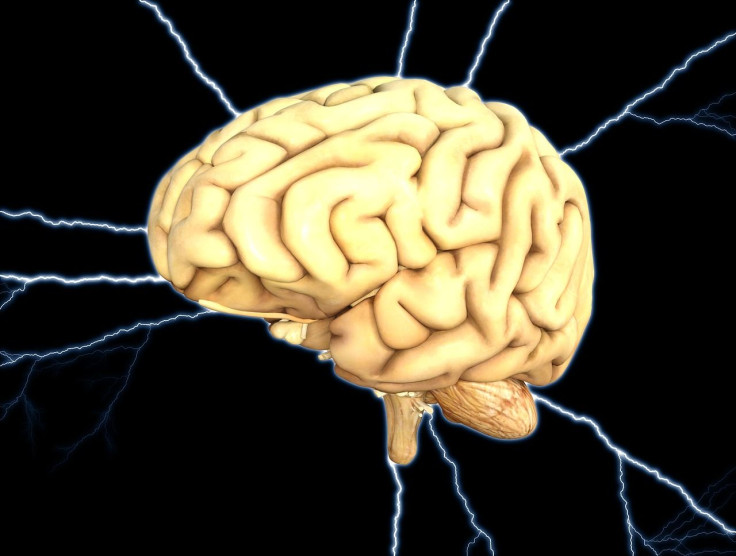Alzheimer's Prevention Research 2017: Key Neurons Activated During Short-Term Memory Recall Are Identified By Neuroscientists

It’s never been quite clear how our brain cells work to recall short-term memories. Memory loss is one of the devastating symptom's of Alzheimer's, dementia and age-related cognitive decline. But a new study that gives a better understanding of the mechanism of memory may boost efforts to treat those conditions.
Researchers at Cedars-Sinai have demonstrated the science behind the ability to memorize an item and recall it at a later time. The study’s authors say “persistently active neurons” are a vital component for short-term memory loss.
Read: Memory Loss: 5 Myths About How The Brain Retains Information And Remembers
Memory is a fundamental mental process that is key to learning.
“Because impaired short-term memory severely weakens someone’s ability to complete everyday tasks, it is essential to develop a better understanding of this process so new treatments for memory disorders can be developed,” lead author Jan Kaminski said in a press release.
Some of the most common memory disorders include Alzheimer’s, Huntington’s, and Parkinson’s. For this study, published in Nature Neuroscience, 13 epilepsy patients were implanted with electrodes to identify the source of their seizures. Researchers then conducted a memory test while examining their electrical activity.
“A surprising finding of this new study is that some of the persistently active neurons were only active if the patient memorized a specific image,” Kaminski said in a press release. “For example, the researchers discovered a neuron that reacted every time the patient memorized an image of Han Solo, a character in the movie Star Wars, but not any other memory.”
Another important finding involves neurons in the medial temporal lobe. Previously thought to only be used in long-term memory recall, it is now understood they are also involved in maintaining short-term memory.
“Now that specific neurons that support short-term memory have been discovered, we have a way to study their interaction systematically,” the study’s senior author Ueli Rutishauser said.
These findings aid in the development of finding treatments for neurological disorders like epilepsy.
See also: Memory Can Be Strengthened Even As You Age: Neuroscientists Explain
Why We Only Remember Fragments Of Traumatic Memories, And How It Can Help Us Treat PTSD Flashbacks
Published by Medicaldaily.com



























